A virtual private network (VPN) is a service that allows you to connect to the internet by using a server in a different country. This can be useful for several reasons, such as preserving your privacy or accessing content that is prohibited in your nation. But some people are concerned that using a VPN may also compromise their phone’s security. In this article, we will explore whether a VPN hacks your phone.
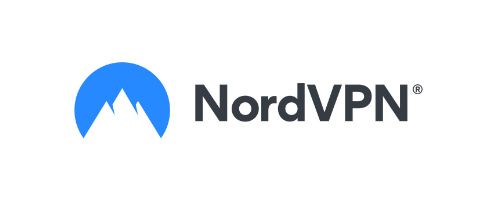
NordVPN Special Deal
Get VPN protection from NordVPN, one of the most reliable VPN companies in the world, for just $3.99/month!
✅ Possibly, the best Double VPN implementation.
✅ Over 5000 servers in 60 countries.
✅ VPN split tunneling support.
Can a VPN be hacked?
The answer to this question is complicated. It depends on the VPN service that you are using, as well as your security practices. Generally speaking, however, a VPN is more secure than connecting to the internet without one. This is because a VPN encrypts your traffic and obscures your IP address, making it difficult for anyone else to track your online activities.
However, a VPN can be hacked. If the service you are using is not well-protected, or if you are not following good security practices yourself, then your data may be vulnerable to attack. It’s always a good idea to do some research into the VPN service you are using to make sure that it is trustworthy and reliable.
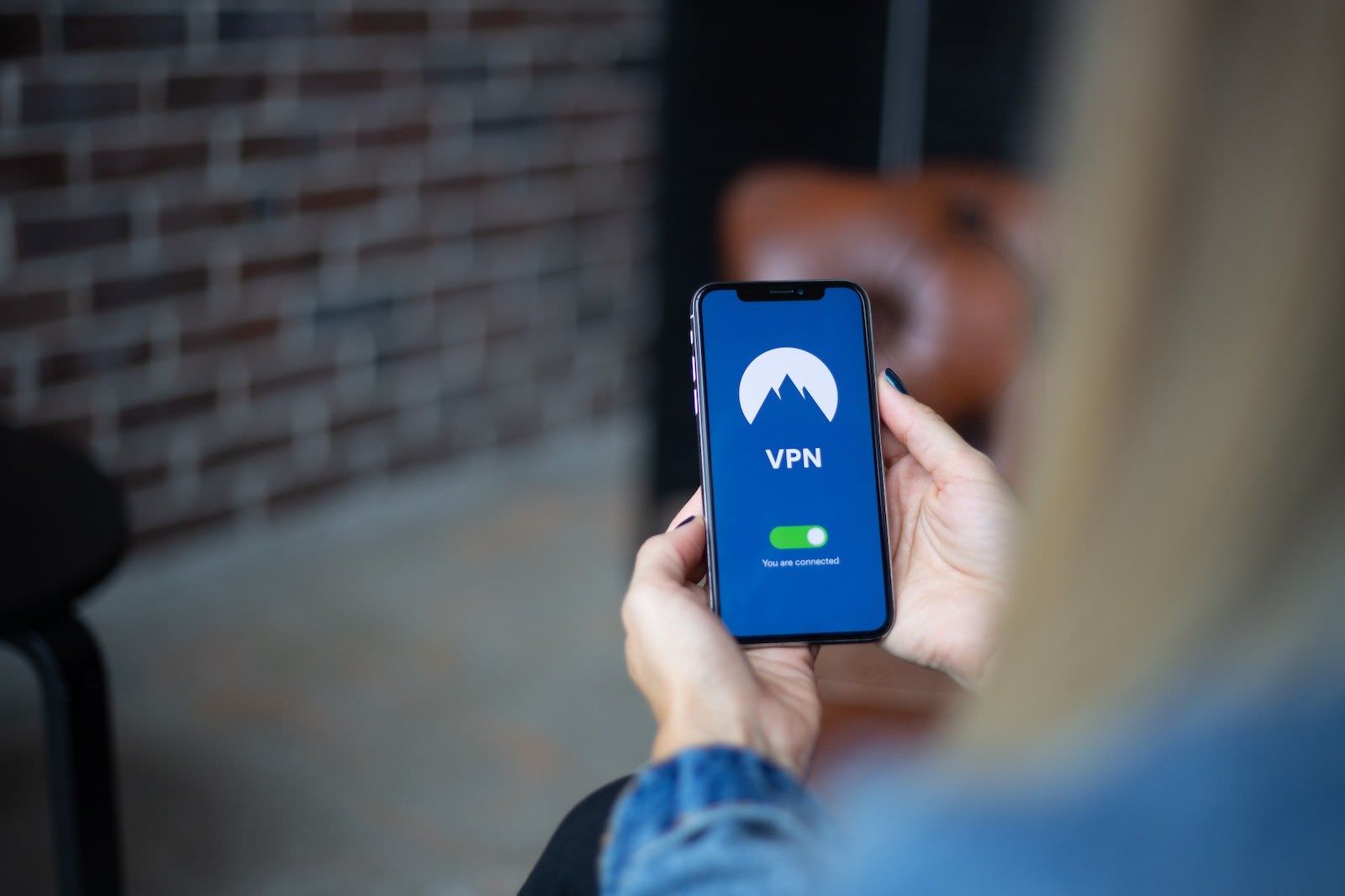
Can your phone be hacked if you are using a VPN?
The answer is yes, your phone can be hacked if you are using a VPN. A VPN does not protect your data and keeps you safe from hackers. It simply routes your traffic through a different server, which can make it more difficult for someone to track or spy on your online activity. However, if you are not using a secure password or have not enabled two-factor authentication, your phone can still be hacked. So, while using a VPN is a good first step to protecting your online privacy, it is not a foolproof solution.
If you are concerned about your phone being hacked, there are a few things you can do to protect yourself.

Special VPN Deal
Get VPN protection from NordVPN, one of the most reliable VPN companies in the world, for just $3.99/month!
First, make sure you are using a strong password and enable two-factor authentication whenever possible.
Second, avoid connecting to public Wi-Fi networks, as these are often not secure unless you use a VPN.
And finally, be careful about which apps you install and what information you share online. If an app asks for permissions that seem unnecessary or suspicious, do not install it.
So, while a VPN can help keep your phone safe from hackers, it is not a 100% guarantee.

Can VPN apps steal your data?
There are some reports that VPN apps can steal your data. However, these reports are usually based on outdated information or false claims. In reality, most reliable VPN services take steps to protect your data and keep it safe from any malicious actors.
If you are concerned about the safety of your data, then you should only use a trusted VPN service. Make sure to do your research and only download apps from trusted sources.
Can VPN access your phone data?
Many people are wondering if a VPN can hack their phones and access their data. The answer is no, a VPN cannot hack your phone. When people install a VPN on their phone, the only requirement for the app to function is to be able to connect to the internet and access the VPN servers. The VPN does not have access to your phone’s data or files, and therefore cannot hack them.
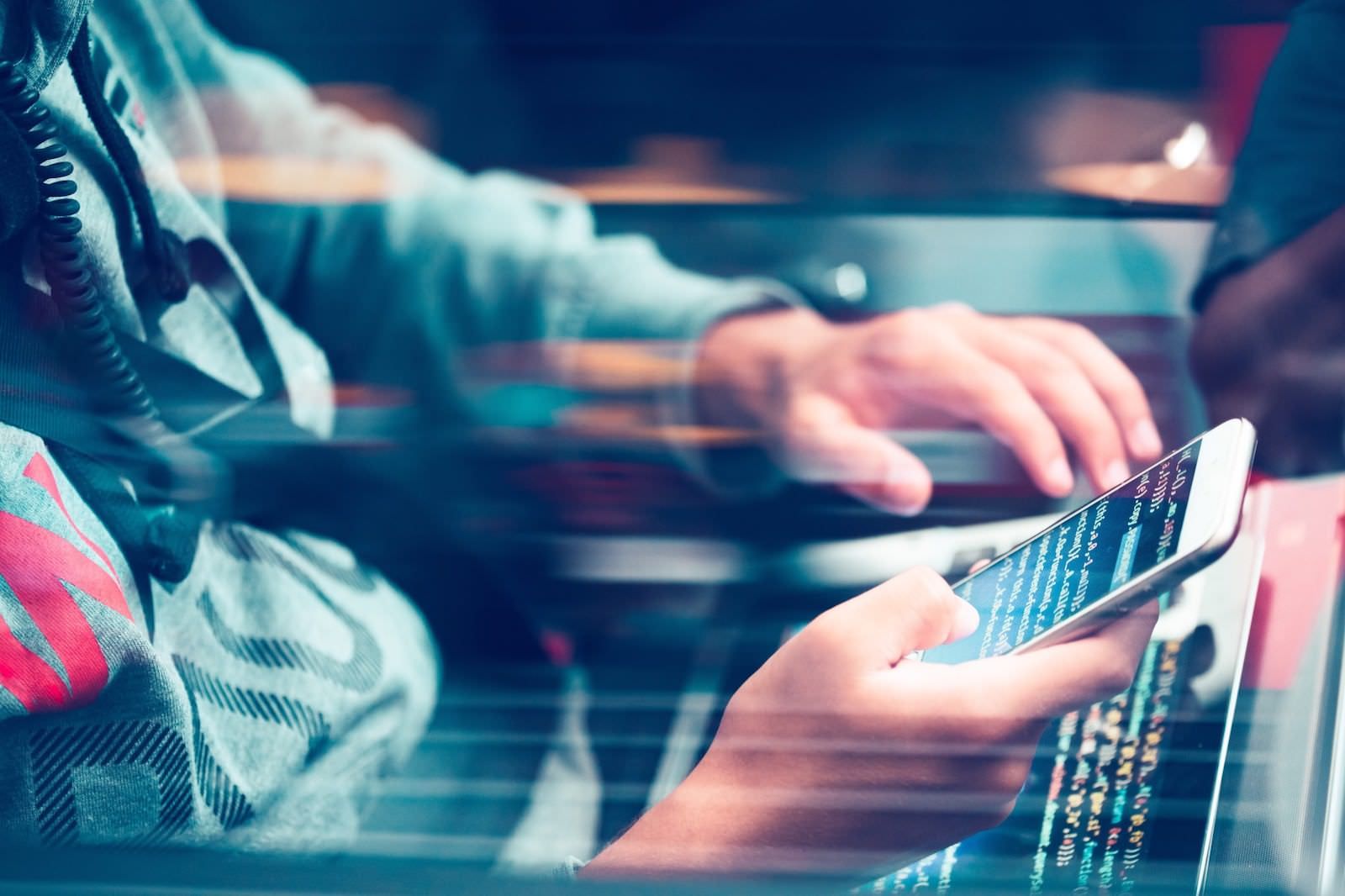
Can VPN access my photos?
As we mentioned before, a VPN should not need permissions to access the data on your phone to function. If a VPN app you download from the app store asks you to access your contacts, your files, or your photos, you should immediately be suspicious. A good rule of thumb is to only give permissions to apps that you understand why they require them. If an app doesn’t seem to need permission, there’s a chance it could be doing something nefarious in the background.
So far, I don’t think I have seen any VPN that I tested or used to require this kind of permission. However, it’s up to you to be vigilant and not just install any VPN app you come across. Do some research on the provider, make sure it has good reviews, and that other people have used it without issue.
When in doubt, don’t hesitate to reach out to the customer support of the provider you’re interested in to ask them about what permissions their app requires.

Special VPN Deal
Get VPN protection from NordVPN, one of the most reliable VPN companies in the world, for just $3.99/month!
Can a VPN mess up your phone?
Normally, a VPN app has a very low chance of ruining anything about your phone, except your connection. This is especially evident when you are connected to a mobile network and your cellular signal is weak.
When the VPN app tries to connect to a server, it will usually block the cellular signal connection, and you will end up losing your internet connection. The only way out of this situation is to either wait for your connection to improve and wait for the VPN app to reconnect or, a less secure option, is to disable the VPN app and connect to the network without having the VPN protection on.
In addition, some people have complained that their phone becomes incredibly hot when they use a VPN app. This is because the VPN is using extra computing power to connect and encrypt your data to keep it secure. When this issue keeps happening, you may want to see if there is an update for the application, or even try a different VPN app and see what happens. If the same issue is present when you switch VPN apps, then your phone may be at fault here. If the problem goes away, then you may want to switch to a VPN service that has a similar offering but a better implemented mobile application.
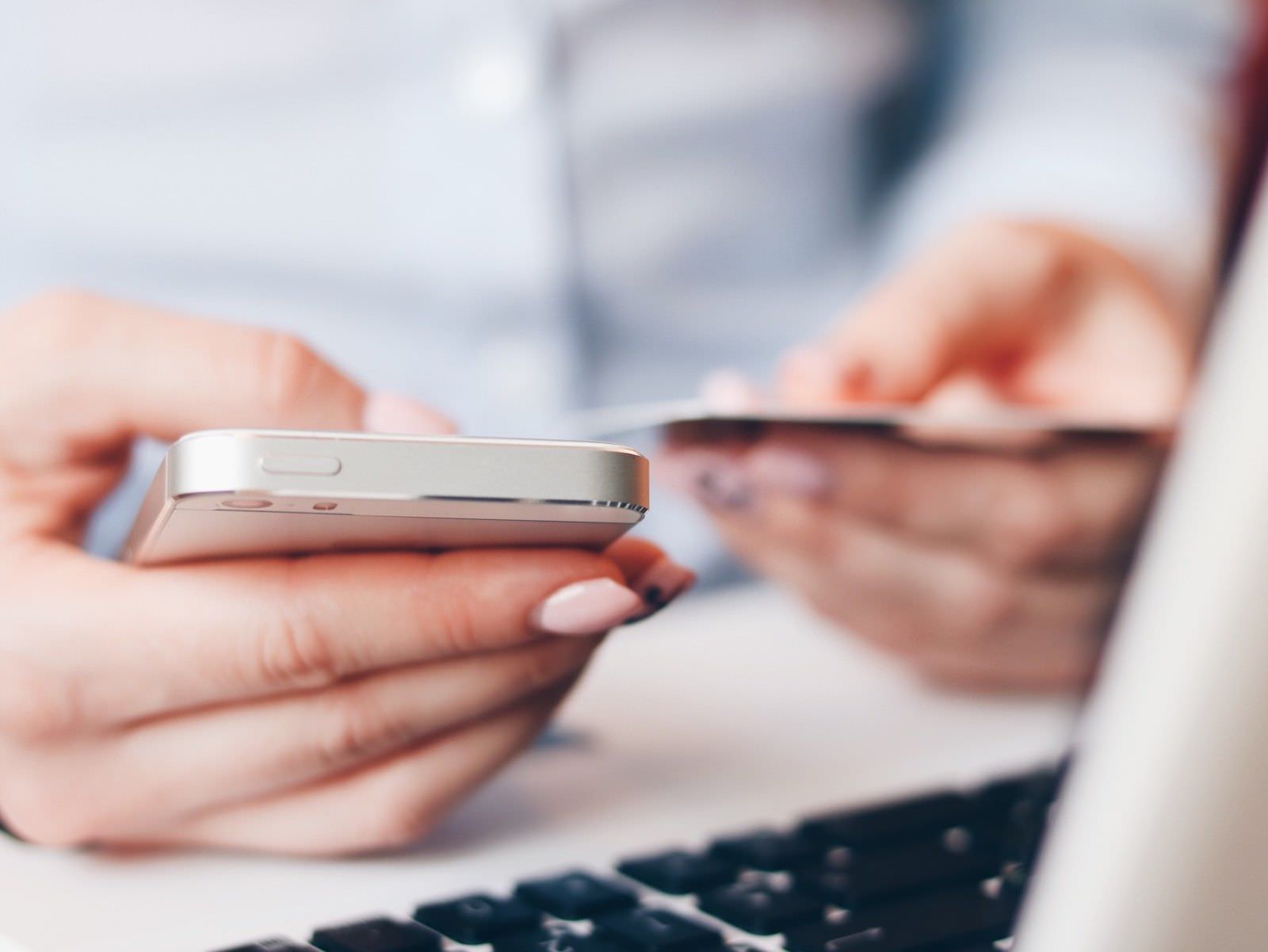
Can a VPN hack your bank account?
Theoretically, a hacker can use a VPN to access your bank account. However, this would require a lot of sophisticated knowledge and skills that most hackers do not have. In addition, most respected VPN services have security features in place that make it very difficult, if not impossible, for a hacker to access your data.
If you are worried about someone hacking your bank account through your VPN, the best thing you can do is to choose a reputable VPN service with strong security features. You should also make sure to use a strong password for your account and enable two-factor authentication whenever possible.
By following these simple steps, you can rest assured that your bank account is safe even if you are using a VPN.
Can a VPN know your passwords?
A VPN will not be able to see your passwords, as they are encrypted and stored on the server. This means that even if a hacker was able to access the servers of the VPN service, they would not be able to see your passwords.
In addition to that, most of the web services are only delivered using HTTPS or SSL. This means your connection, whether it uses a VPN connection, will be encrypted to the website you are connecting. When you connect to websites using a VPN service, your connection is not just encrypted by the website, but your traffic is also hidden from the hackers trying to intercept your web traffic.
This also means that even if someone was able to see your passwords, they would not be able to do anything with them as they are encrypted and cannot be read without the proper security credentials.
So, no, a VPN will not know your passwords. However, you should still make sure to use strong passwords and if possible, use a password manager to keep track of all your passwords.
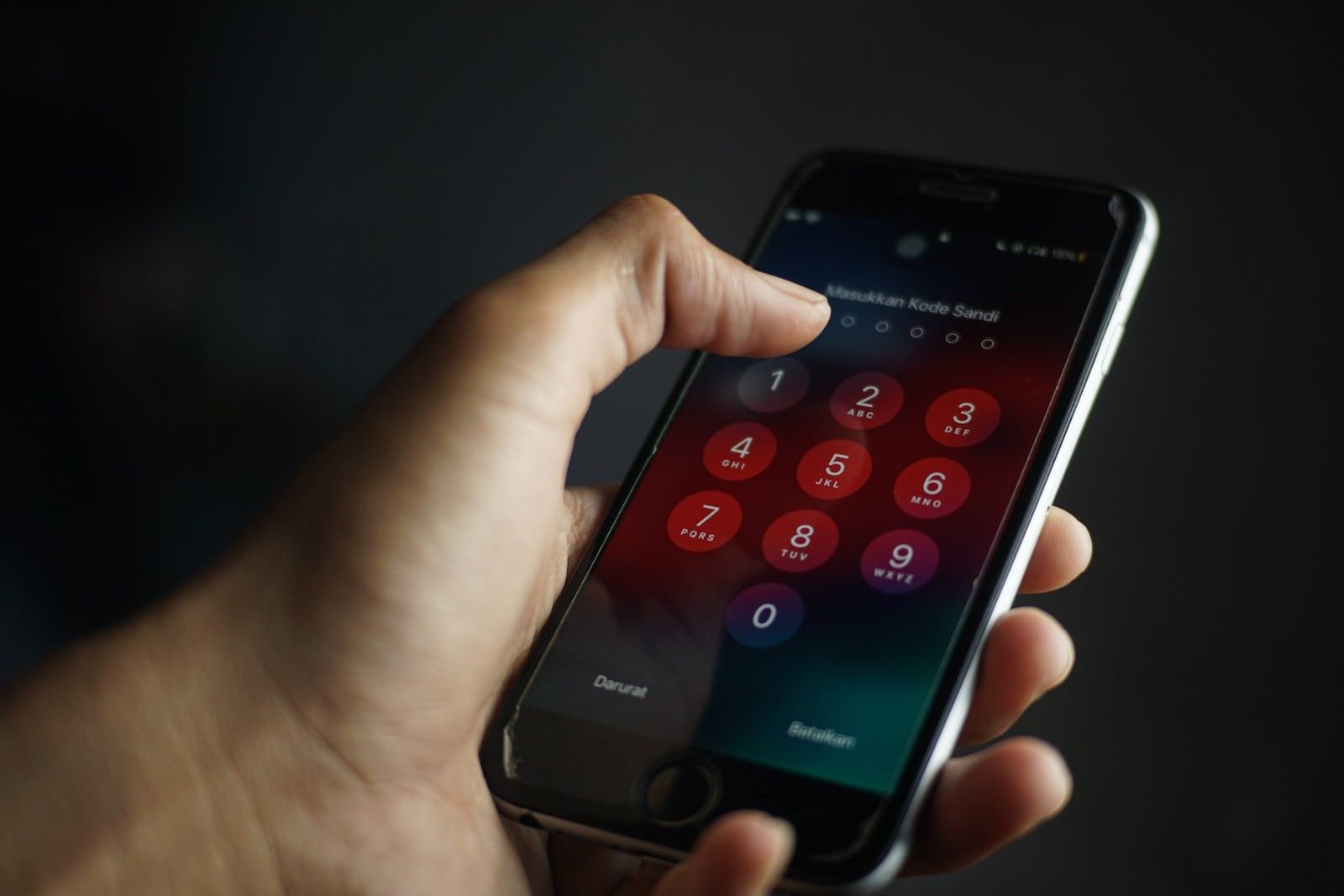
Can VPN be dangerous?
In general, using a VPN is not only safe, but also increases your online privacy and can protect you from hackers. However, a VPN can turn dangerous if the VPN service itself gets hacked, is controlled by the government, or leaks data, and it provides you with a false sense of security.
One way to make sure your VPN service is safe and secure is to look for third-party audits on their services. Anyone can claim anything about their services. You want to use a VPN company that is open for third-party audits, and they take this seriously.
Does a VPN leaks data?
A good VPN should not leak any data. A reputable VPN service will have a strict no-logs policy in place, which means they do not keep track of your online activities.
In addition, a good VPN will use strong encryption protocols to make sure your data is safe from prying eyes.

Special VPN Deal
Get VPN protection from NordVPN, one of the most reliable VPN companies in the world, for just $3.99/month!
What is a VPN data leak?
A data leak is when your private data, such as passwords, credit card information, or even your IP address leaks out from a VPN service. This can happen if the VPN service does not have secure servers or if they do not proactively monitor for security breaches.
Data leaks can also occur if the VPN software is not properly implemented, and it leaks your data.
A data leak can be very dangerous, as it can give hackers access to your private information. This is why choosing a trustworthy VPN service with strong security measures and a commitment to customer privacy is so crucial.
How to check if your VPN leaks data?
There are a few ways to check if your VPN leaks data.
The first way is to use a VPN leak test website, such as IPLeak.net or BrowserLeaks.com. These websites will test your connection and tell you whether they can see your real IP address or not.
Another way to check for leaks is to use a VPN server in another location and then visit a website that shows your IP address, such as WhatIsMyIP.com. If the website shows your real IP address, then your VPN is leaking your data.
The last way to check for leaks is to disable all network adapters on your computer except for the one that is connected to the VPN. Then, visit a website that shows your IP address. If the website still shows your real IP address, then your VPN is leaking your data.
If you are experiencing any leaks with your current VPN service, it is best to switch to a different VPN service that has strong security features and does not leak data.
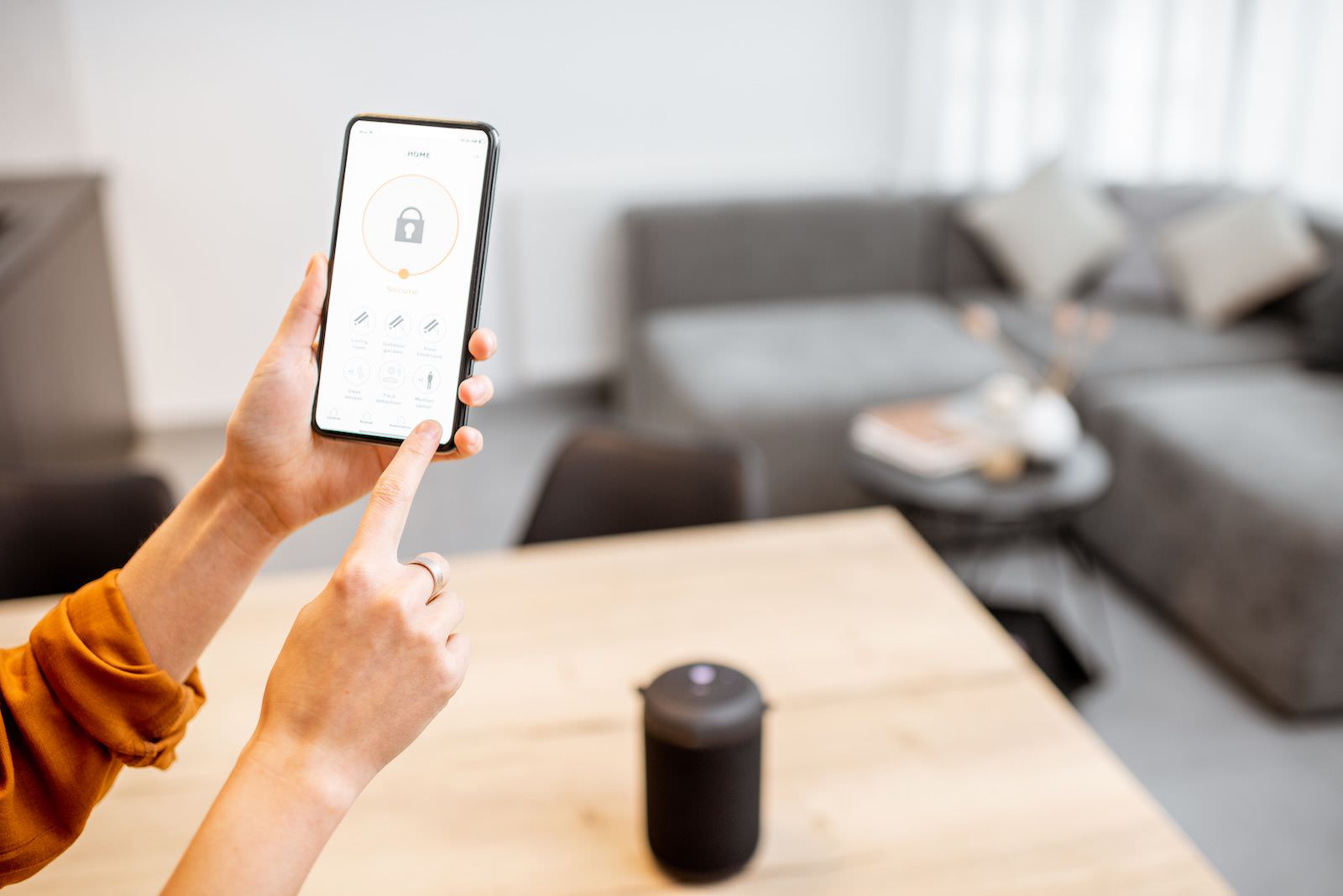
Conclusion
In conclusion, VPNs are a great way to protect your data and privacy while you browse the web. However, it’s important to make sure that your chosen VPN service has strong security features and does not leak any of your private information. To help ensure this is the case, we recommend checking for third-party audits on their services, as well as using a VPN leak test website. If you are currently experiencing any leaks with your current VPN service, we suggest switching to a different service that will better protect your data. Thank you for reading!








